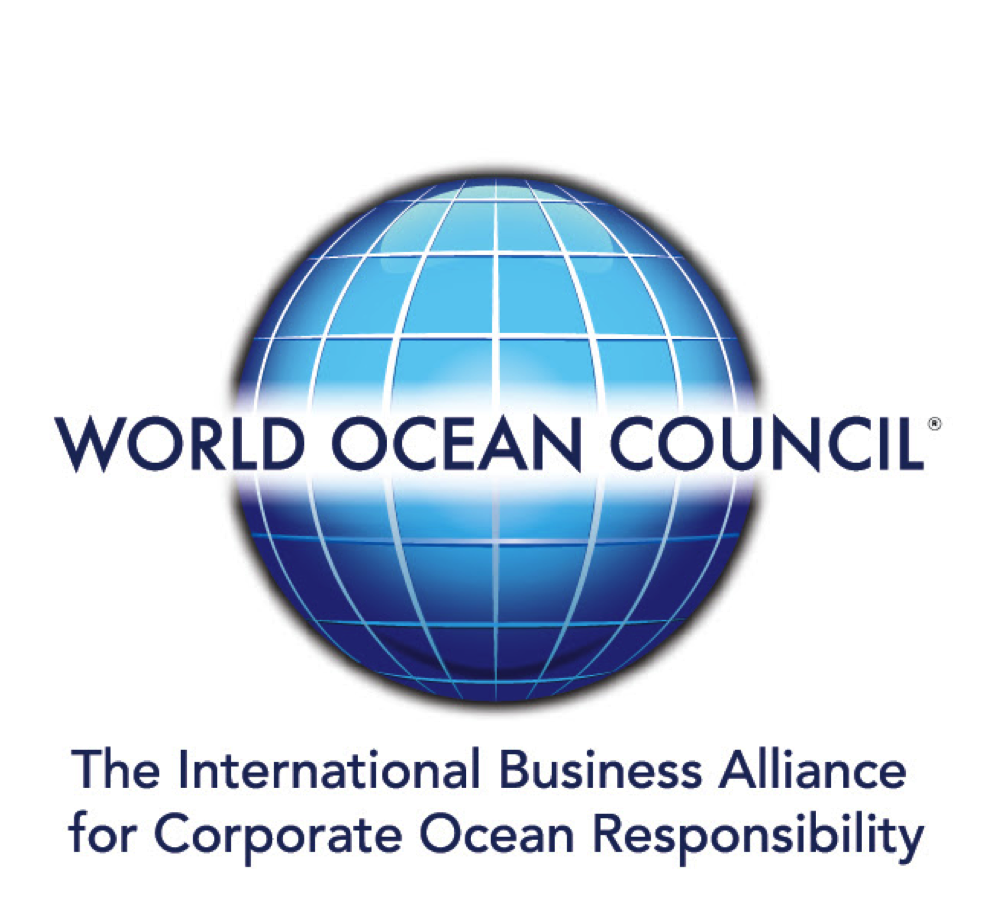The private sector is the primary user of the ocean, which covers over 71% of the planet, and resources. As such, the Ocean Business Community has a vital role to play in ensuring the sustainable development of our oceans and coasts. Oceans and their resources are interconnected in complex ways, and tackling sustainability and “Corporate Ocean Responsibility” requires substantial and coordinated effort across industrial sectors. The WOC offers the Ocean Business Community the structure and process to collaborate on sustainable development and ensures that the policy makers and other stakeholders understand and engage with leadership companies from the Ocean Business Community.
Understanding our vision
The WOC addresses the need of the Ocean Business Community for a proactive, multi sectoral industry effort in addressing cross-cutting oceans sustainable development challenges.
A challenging context for the Ocean Business Community
Although the ocean covers 71% of the earth’s surface, it is an increasingly crowded place. The private sector is its primary user, with many businesses such as shipping, offshore oil and gas, fisheries, tourism, seabed mining, ports and renewable energy directly dependent upon marine space and resources. Other sectors, though a step removed, are nonetheless dependent on these direct ocean industries, e.g. shipbuilding, marine technology, seafood producers, and also marine classifications societies, insurers, financiers and lawyers, who provide services that enable ocean economic activity to take place.
This diverse global Ocean Business Community generates trillions of dollar per year in economic activity by providing goods and services upon which society depends, including international trade and transport, aquaculture, desalinated water, offshore energy resources (hydrocarbons but also wind, wave and currents), telecommunications and recreation.
Ocean industries of all kinds are growing rapidly and impacts on the marine environment and its biodiversity are expanding at an ever increasing rate and global scale – affecting species, ecosystem health, critical habitats and coastal communities that depend on marine areas for food and livelihood. Contributing factors to ocean environmental concerns from land-based industries are also increasing, such as plastics, municipal sewage discharge, nutrient run-off and others. Conflicts regarding the use of ocean space and resources are on the rise among industries and other ocean stakeholders.
The Ocean Business Community is increasingly being held accountable for the impact of their industries by government, inter-governmental and non-governmental stakeholders who are pursuing increased marine environmental regulation.
Access to ocean resources, services and space is thus increasingly at risk for the Ocean Business Community due to the loss of the “social license” to operate and the national and international ocean governance regimes emerging from processes in which the maritime industry is not well engaged.
The need for proactive, cross-sectoral industry leadership onto oceans sustainable development
As the primary ocean user, the private sector is best placed to develop and implement solutions in response to society’s increasing demands that the marine ecosystem use be sustainable, the industry accountable and the impacts be reduced.
A growing number of responsible companies from the Ocean Business Community are conducting their business in an increasingly environmentally responsible way, but industry efforts are often piecemeal, reactive, and not coordinated among sectors – undertaken by one company in a limited area or on a specific issue. In a global, interconnected ocean “commons”, the actions of one company or even an entire sector are not enough to address cumulative impacts of growing ocean use by a diverse range of industries.
There is clearly a need for ocean industries to collaborate within and across sectors to address impacts, reduce conflicts, develop proactive ocean sustainability leadership and constructively engage other stakeholders.
Leadership and Collaboration through the World Ocean Council
The WOC creates a unique structure and process for bringing together the diverse Ocean Business Community. The WOC seeks to catalyze cross-sectoral leadership on ocean sustainable development and “Corporate Ocean Responsibility” at a global scale and ensure a constructive dialogue with the relevant stakeholders.
Numerous industry associations bring together ocean industry operators along industry lines such as shipping, oil and gas, fisheries and aquaculture but do not adopt a cross sectoral approach. Some address sustainability issues but usually in isolation from other ocean users. Other broader business/environment organizations or NGOS and foundations focus on corporate social responsibility (CSR) or sustainability issues but fail to address the unique interconnection of the marine environment and the resulting needs of businesses operating in the ocean.
A number of intergovernmental bodies bring together governments and other stakeholders around ocean issues, notably the UN International Maritime Organization (IMO) that convenes governments on shipping, with industry involvement, including on maritime safety and ocean environmental issues. The UN Food and Agriculture Organization (FAO) provides a similar international sectoral focus for fisheries and aquaculture. At a government level, national ocean policies or marine area planning efforts seek to address the range of ocean users, but they are limited to their national marine area, and are not able to address uses and impacts in neighboring waters or on the high seas.
The WOC is unique and unprecedented in creating an international organization, structure and process, developed by and for the private sector, to bring together the broad range of ocean industries and focus on global, cross-sectoral sustainability, science and stewardship of the seas – Corporate Ocean Responsibility.

